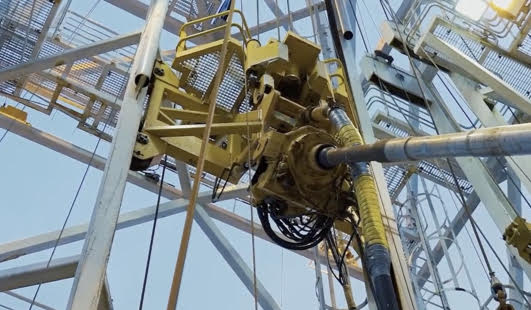After fruitful discussions on global and regional security issues, held on GLOBSEC Prague conference with participation of our Association’s expert, Olesya Tsybulko, David Gardáš, sinologist and analyst of the Sinopsis Project, based in Prague, gave us an interview on issues of Communist China’s position to Russian occupation of Ukrainian territories, including the Crimea.
Borys Babin (B.B.) What kind of real and declared policy regarding Russia-occupied territories of Ukraine may be expected from authorities of communistic China in near future, including “peace initiatives”, declared by Beijing?
David Gardáš (D.G.) The situation regarding China’s policy toward Russia-occupied territories in Ukraine is complex and multifaceted, influenced by Beijing’s geopolitical, economic, and strategic interests. Since the inception of the war, China / Beijing has adopted a stance characterized as ‘pro-Russian neutrality,’ aiming to support Russia while maintaining a facade of neutrality in the conflict. Beijing’s ‘peace initiatives’ are primarily aimed at stabilizing its relationship with both Russia and the West, allowing it to benefit from discounted energy supplies from Russia while preserving trade ties with the EU, the US, and democratic countries in general. China’s leadership has expressed a desire for a peaceful resolution but has shown little inclination to significantly pressure Russia. Instead, it appears to be leveraging the conflict to enhance its geopolitical influence and advance initiatives like the Global Security Initiative for its own agenda.
China’s declared policy regarding Russia-occupied territories in Ukraine has evolved, particularly evident in its recent peace initiatives. In February 2023, China emphasized respect for Ukraine’s sovereignty and territorial integrity in its ‘Position on the Political Settlement of the Ukrainian Crisis’. However, a more recent joint peace plan with Brazil in May 2024 notably omits any mention of territorial integrity, signaling a shift in Beijing’s approach. This change reflects China’s strategic alignment with Russia, as it continues to advocate for a ‘political settlement’ that allows for Russian control over occupied territories. Despite presenting itself as a ‘neutral mediator’, China’s lack of emphasis on territorial integrity suggests that it prioritizes its economic and geopolitical interests over a firm stance on Ukraine’s sovereignty.
B.B. Russia-controlled structures in Crimea declares permanently on alleged “export to China” and “Chinese commercial activities” in peninsula: do Chinese authorities have real economic interests in Russia-occupied territories of Ukraine or it is quite propaganda issues?
D.G. Reports suggest that while there are claims of Chinese commercial activities in Crimea, these may be overstated or largely propaganda-driven. The economic relationship between China and Russia has indeed strengthened since the invasion, with bilateral trade reaching record highs; however, China’s direct economic interests in the occupied territories remain limited. The trade volume with Ukraine is relatively minor compared to that with Russia, indicating that China’s primary focus is on enhancing its ties with Moscow rather than investing heavily in contested regions like Crimea. Chinese companies have continued operations in Russia, but this does not necessarily translate into significant investments or interests in Ukraine’s occupied territories. However, Chinese companies have expressed interest in construction projects in Crimea, such as discussions around building an underwater tunnel to connect Crimea to Russia. This indicates potential involvement in infrastructure development but raises concerns about the political and financial risks associated with such ‘investments’.
B.B. Since 2022 Russia tried to use weapons from North Korea in attacks against Ukraine and there are permanent rumors regarding alleged presence of North Korean “military observers” at Russia-occupied territories. Also illegal “International Settlement Bank” registered in occupied Tskhinvali and acting in occupied territories of Ukraine got U.S. sanctions for transactions with North Korea. How the Beijing react of those processes, committed by its “subordinates” from Pyongyang?
D.G. On one hand, North Korea’s actions, while supportive of Russia’s military efforts, pose risks for China, particularly concerning international sanctions and the potential destabilization of the Korean Peninsula—something China has historically sought to avoid. Beijing, therefore, has not publicly criticized North Korea but remains cautious about its own involvement in the conflict, carefully balancing support for Russia while avoiding actions that could escalate tensions with the West or invite further sanctions. On the other hand, the deepening partnership between Russia and North Korea also benefits China strategically, as it strengthens ties between its two neighbors and enhances China’s geopolitical leverage against the U.S. and its allies. While China might be ‘subtly facilitating’ this cooperation, it remains wary of the regional instability that could arise. Thus, Beijing’s approach is to support this alliance in ways that align with its broader goals of maintaining influence over both Russia and North Korea while carefully managing the risks to its international standing.








